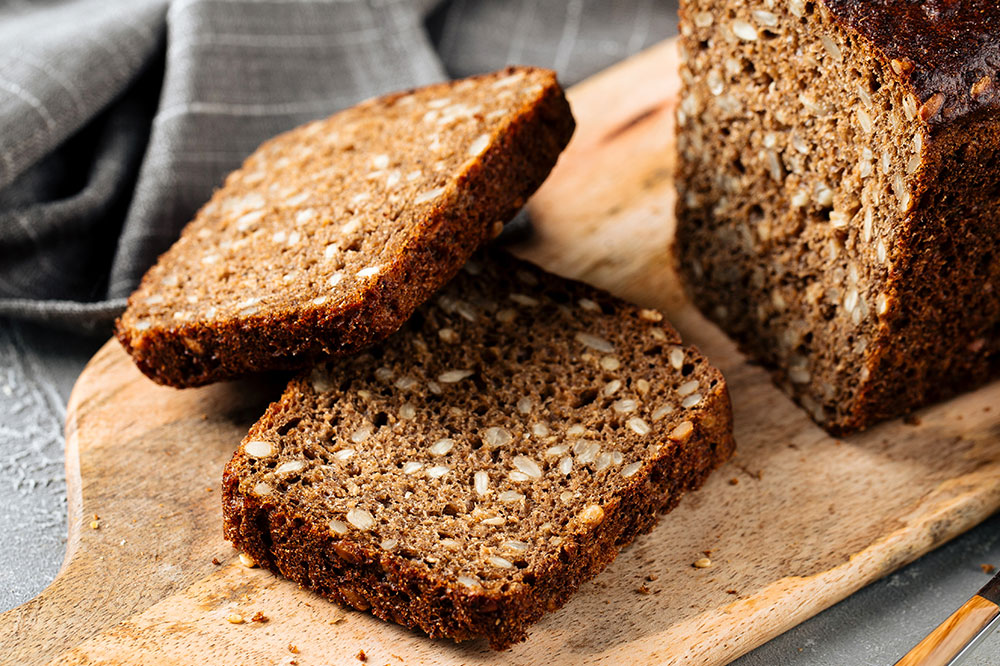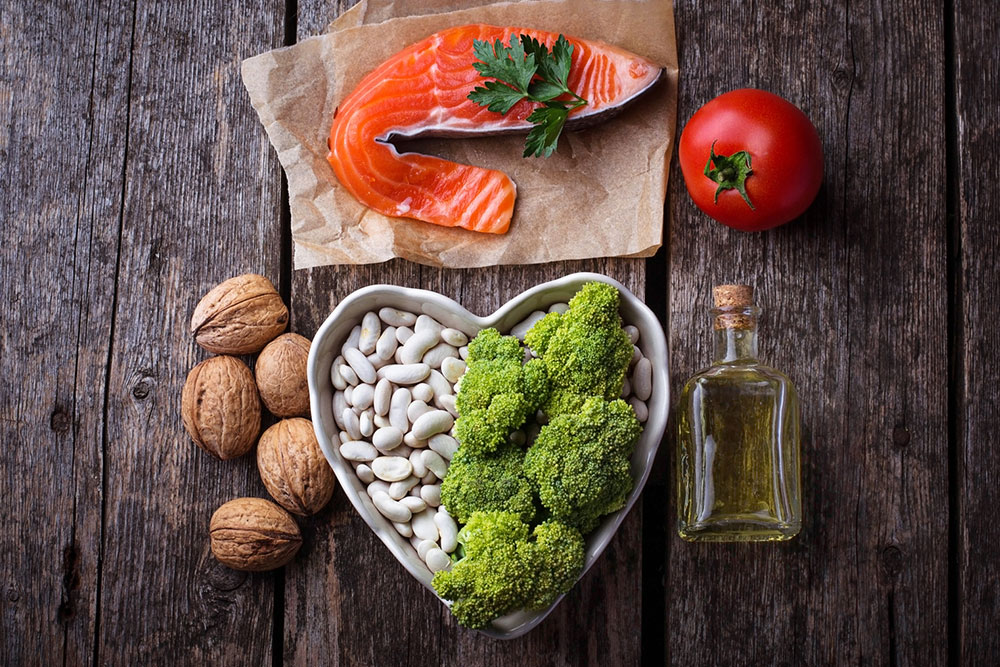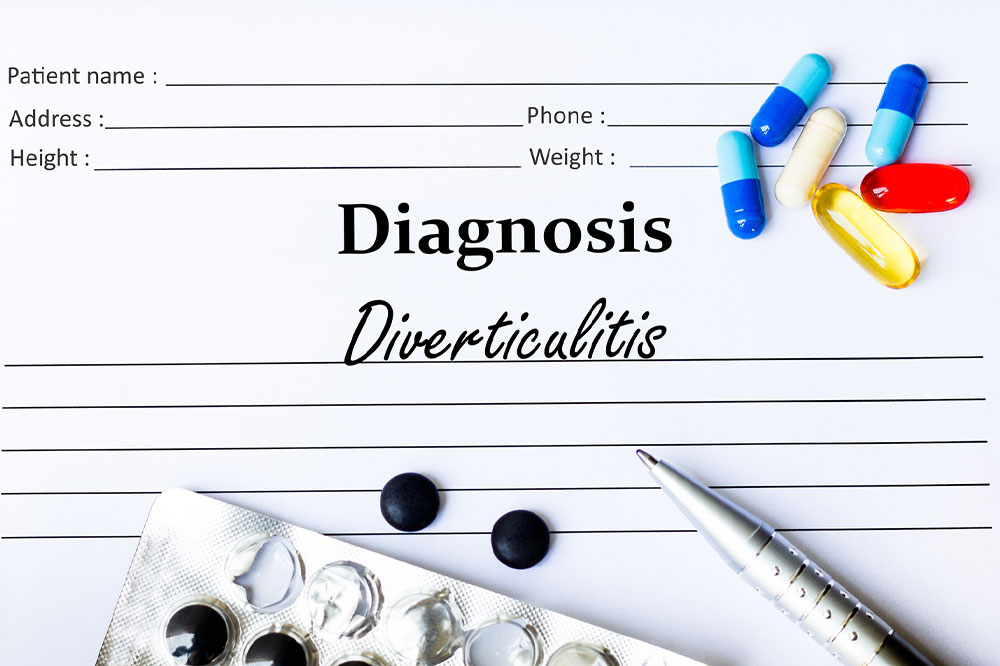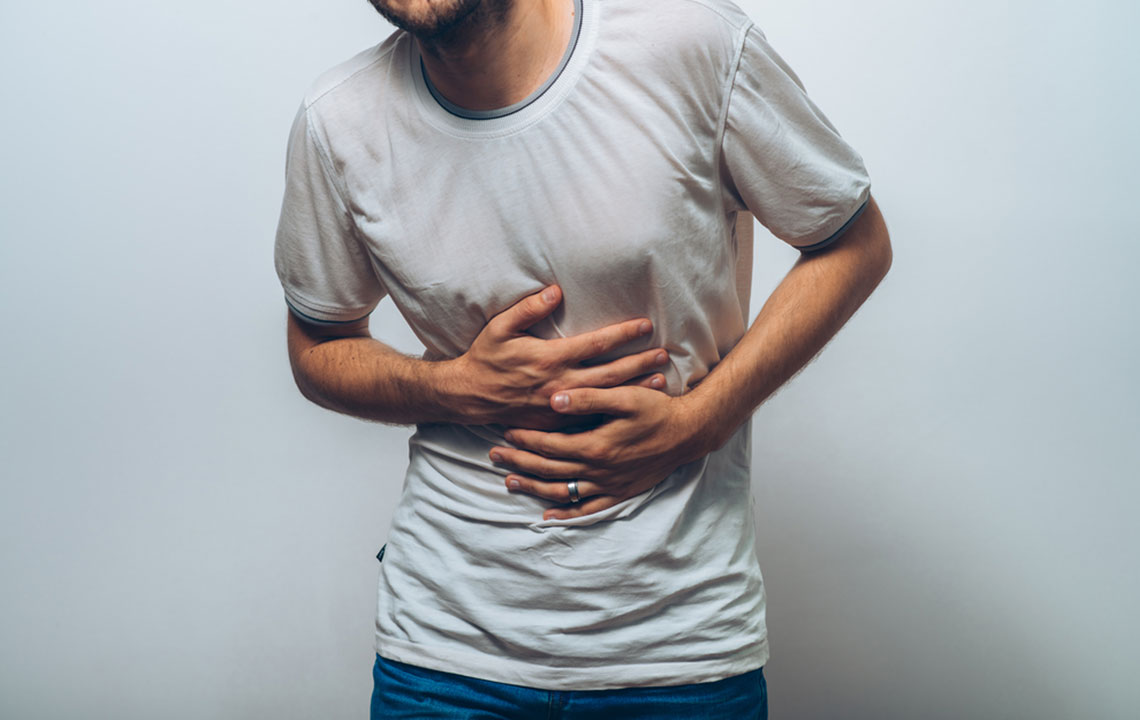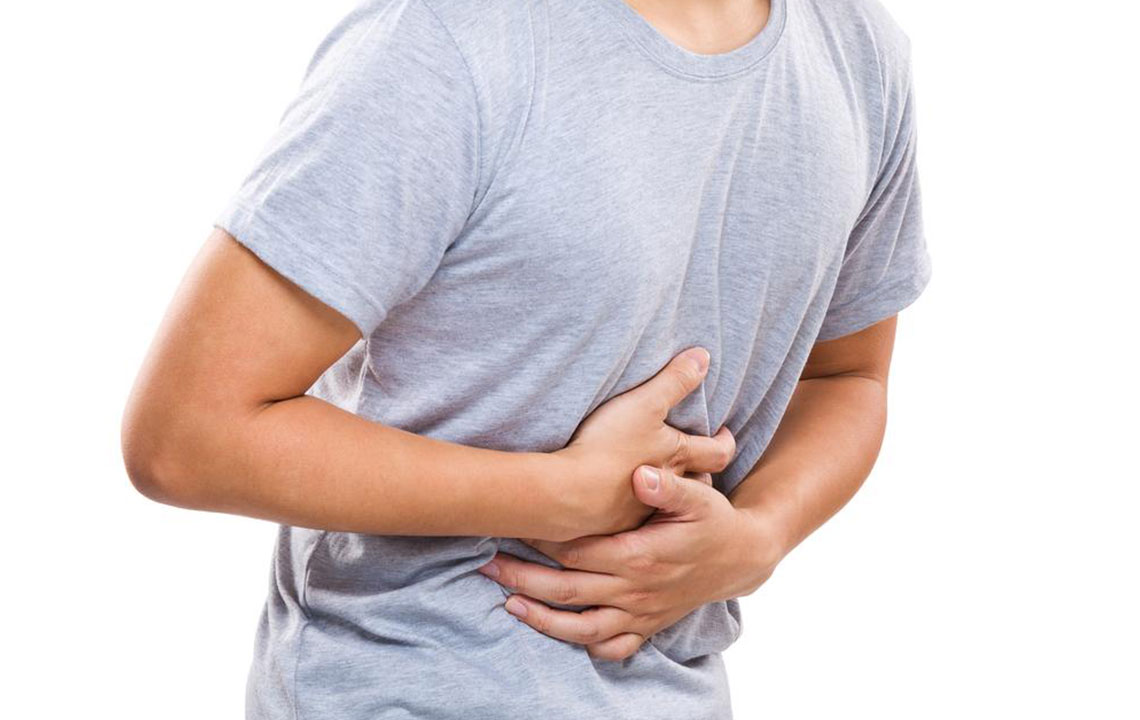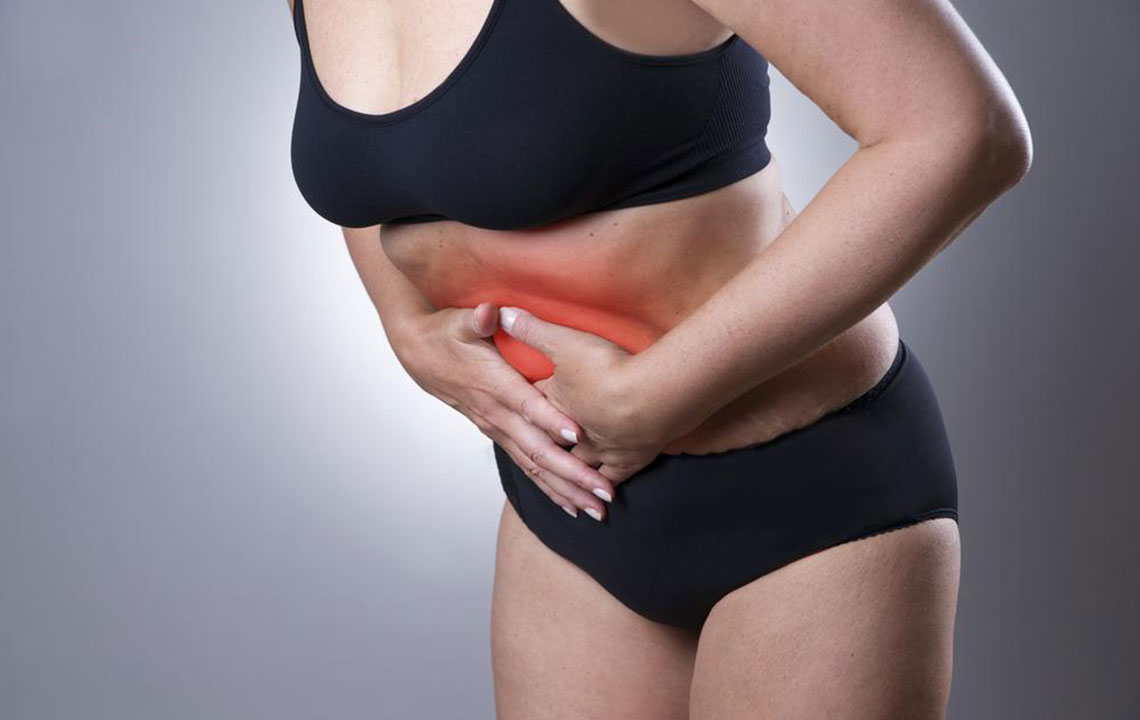Understanding Diverticulitis: Causes, Symptoms, and Dietary Strategies
Discover essential insights into diverticulitis, including causes, symptoms, and effective dietary strategies to manage and prevent flare-ups. Learn how diet modifications, probiotics, and hydration can improve digestive health and reduce complications associated with this condition.
Sponsored
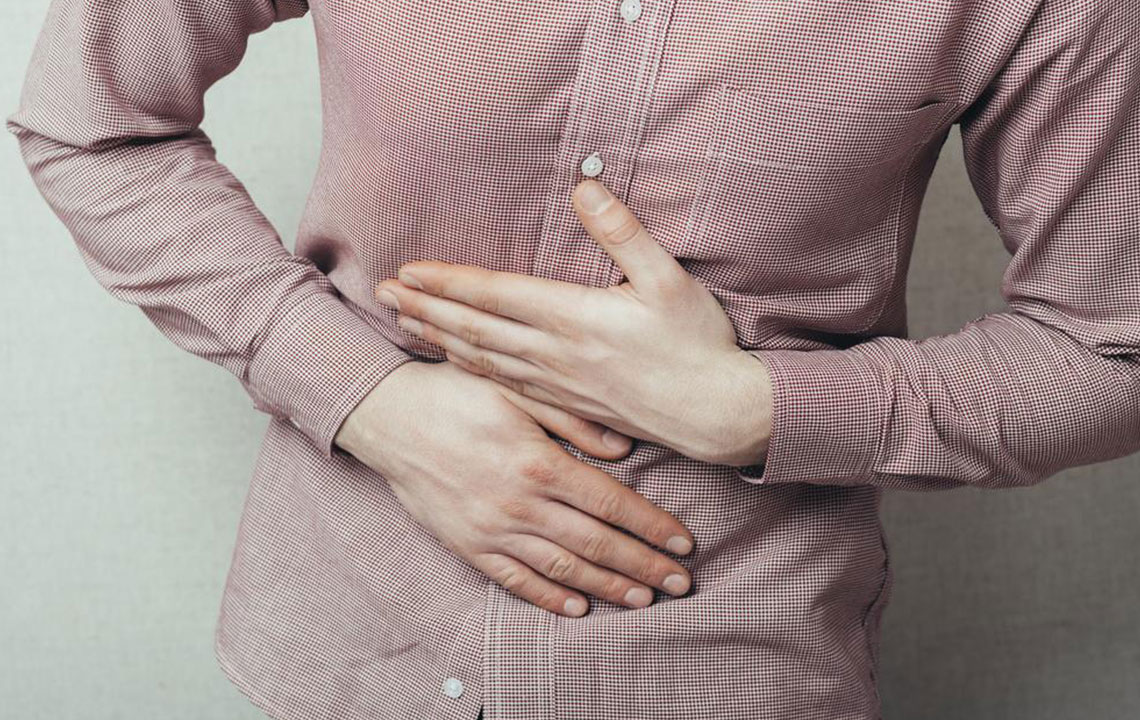
Understanding Diverticulitis: Causes, Symptoms, and Dietary Approaches
Diverticulitis is an inflammation or infection of small pouches called diverticula that form along the walls of the intestines. This condition can lead to complications requiring surgery, especially if it results in abscess formation, fistulas, or bowel perforation.
Signs and Symptoms
Patients often experience pain on the lower left abdomen, which may lessen after bowel movements or passing gas. Bright red blood in stool indicates bleeding. Persistent infection might cause bloating, diarrhea, constipation, nausea, and vomiting.
If untreated, diverticulitis can escalate, necessitating procedures like abscess drainage or blood transfusions in severe cases.
Causes Factors such as poor diet, obesity, physical inactivity, and smoking can increase risk, as can a low-fiber diet that strains the digestive system.
Diet Recommendations for Diverticulitis Initially, antibiotics are prescribed to control infection. Modifying your diet over the long term is crucial for managing symptoms. Following a proper diet reduces strain on the gut and may prevent flare-ups.
When symptoms are active, a liquid diet comprising water, broth, clear soups, fruit juices without pulp, tea, coffee (without milk or cream), and popsicles is recommended. Adequate hydration encourages regular stool passage.
Once symptoms improve, transitioning to a low-fiber diet can aid healing. Keep fiber intake below 10 grams daily, including cooked fruits (without skin), lean meats, eggs, white rice, pasta, dairy, and low-fiber cereals.
As recovery progresses, gradually introduce high-fiber foods such as whole grains, fruits, vegetables, beans, and legumes to prevent future episodes. Aim for 25-35 grams of fiber daily for optimal colon health.
Include nuts, seeds, and probiotics like yogurt or fermented foods to support gut health. Vitamin D supplementation might also reduce the risk, especially in those deficient, as studies link low vitamin D levels to increased diverticulitis risk.
In summary, staying well-hydrated and following dietary guidelines play a vital role in managing diverticulitis and maintaining good digestive health.

